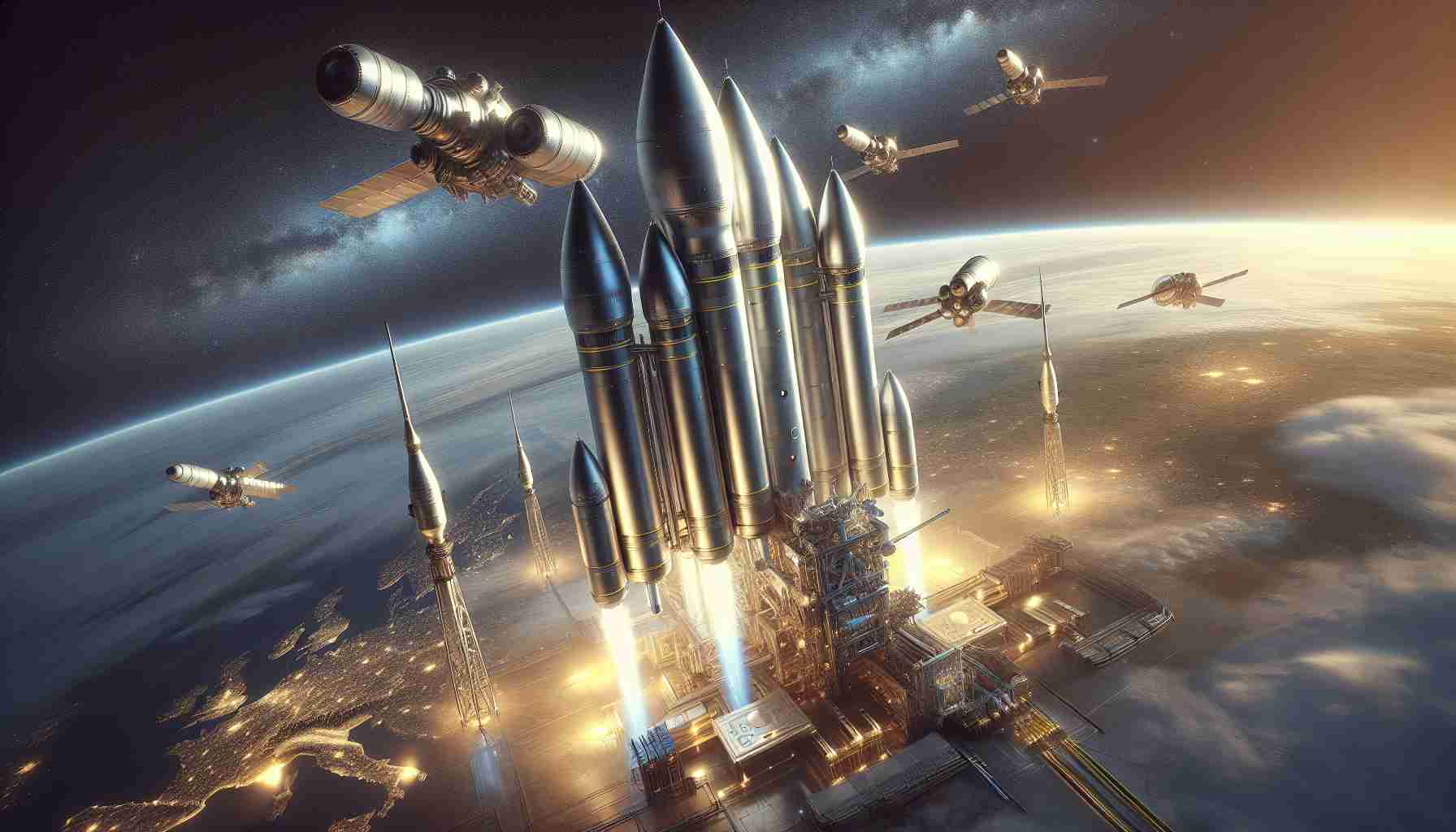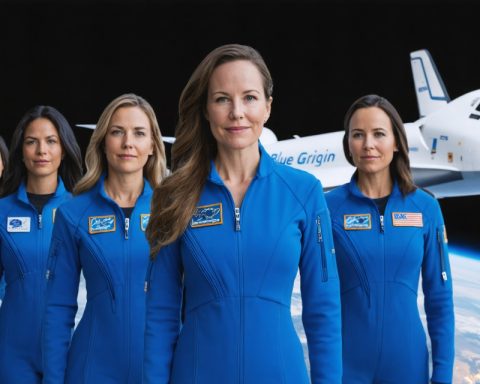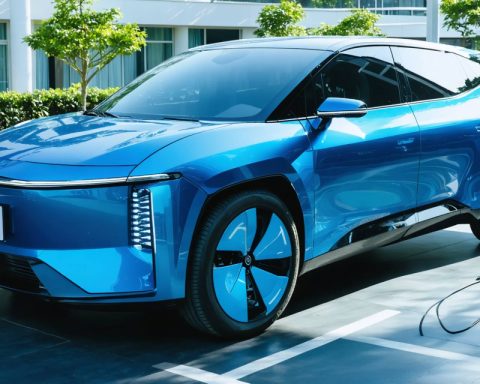The European Space Agency (ESA) is making significant strides towards revolutionizing space exploration with the development of a new super heavy-lift reusable rocket. This ambitious project aims to deliver an impressive 60 tonnes to low Earth orbit.
The pathfinder study for this groundbreaking initiative underwent multiple revisions, with ESA finally publishing a third and stable iteration on December 10. Earlier versions of the call for this European 60T LEO Reusable Launch System Pathfinder Study were briefly released and then swiftly withdrawn the same day. The latest iteration not only remained public but also introduced major changes.
This third version underscores the inefficiencies of the Ariane 6, Europe’s current heavy-lift offering, highlighting its limitations for applications beyond low Earth orbit. The new proposal emphasizes the need for a robust, reusable system to ensure Europe’s competitive edge in the global space race. Furthermore, ESA’s revised approach calls for a sustainable business model, shifting past its traditional reliance on institutional funding to actively court private investment.
The focus now is on cost-effectiveness, rapid development, and innovating through “lean management” strategies. Moreover, the potential to human-rate the new rocket for European astronauts is being seriously considered.
ESA aims to have a comprehensive development roadmap by the end of the study. The decision on whether to proceed will hinge on the ESA ministerial meeting in late 2025, marking a pivotal moment for Europe’s ambitions in space transportation. By fostering private investment and examining new business models, ESA is paving the way for a future where Europe can independently and sustainably explore beyond our planet.
Europe’s New Reusable Rocket: A Game Changer in Space Exploration
The European Space Agency (ESA) is embarking on an innovative journey with the development of a super heavy-lift reusable rocket, promising to redefine Europe’s position in the space exploration arena. This new initiative, capable of delivering 60 tonnes to low Earth orbit, highlights Europe’s commitment to sustainable and cost-effective space transportation.
Features and Innovation
The new rocket design represents a pivotal shift from traditional launch systems to a reusable model, fundamentally altering the economic and operational dynamics of space missions. Compared to the Ariane 6, the future rocket aims to significantly improve operational efficiency with a focus on reusability, reducing costs per launch, and fostering rapid technological advancement. The approach integrates “lean management” strategies, emphasizing minimal resource use while maximizing output.
Emerging Trends and Insights
In aligning with global trends, ESA’s initiative reflects the growing trend toward sustainability in space exploration. The study addresses a need for competitiveness and independence, reducing reliance on institutional funding and opening avenues for private sector investment. These strategies could result in a vibrant European space economy and growth in related industries.
Potential and Limitations
The ESA’s third version release emphasizes the possibility of creating a rocket that could be ‘human-rated,’ thus potentially offering Europe its crewed space launch capabilities. However, the challenge remains in attracting necessary private investments and ensuring market readiness. Furthermore, technical expertise and innovations required in developing such a groundbreaking technology pose additional hurdles.
Comparisons and Market Analysis
This new proposal positions ESA in direct competition with global heavyweights in space launch technology, such as SpaceX and Blue Origin, who have also been developing reusable rocket technologies. Extensive market analysis and pricing strategy implementation are crucial to capture a segment in the competitive global launch services market.
Future Projections
Looking forward, if the 2025 ESA ministerial meeting concludes positively, Europe could see substantial growth in its space exploration efforts. The adoption of this advanced technology paves the way for new missions that extend beyond low Earth orbit, potentially opening doors to lunar exploration and beyond. An endorsement for this project would signify a major leap toward autonomous and sustainable European space missions.
Conclusion
ESA’s reusable rocket project is more than just a technical advancement; it is a strategic move toward securing a leadership position in the space industry. By fostering partnerships with private enterprises and utilizing efficient management practices, ESA is set on a path that promises to propel Europe into a new era of space exploration.
For more information, visit the European Space Agency website.












